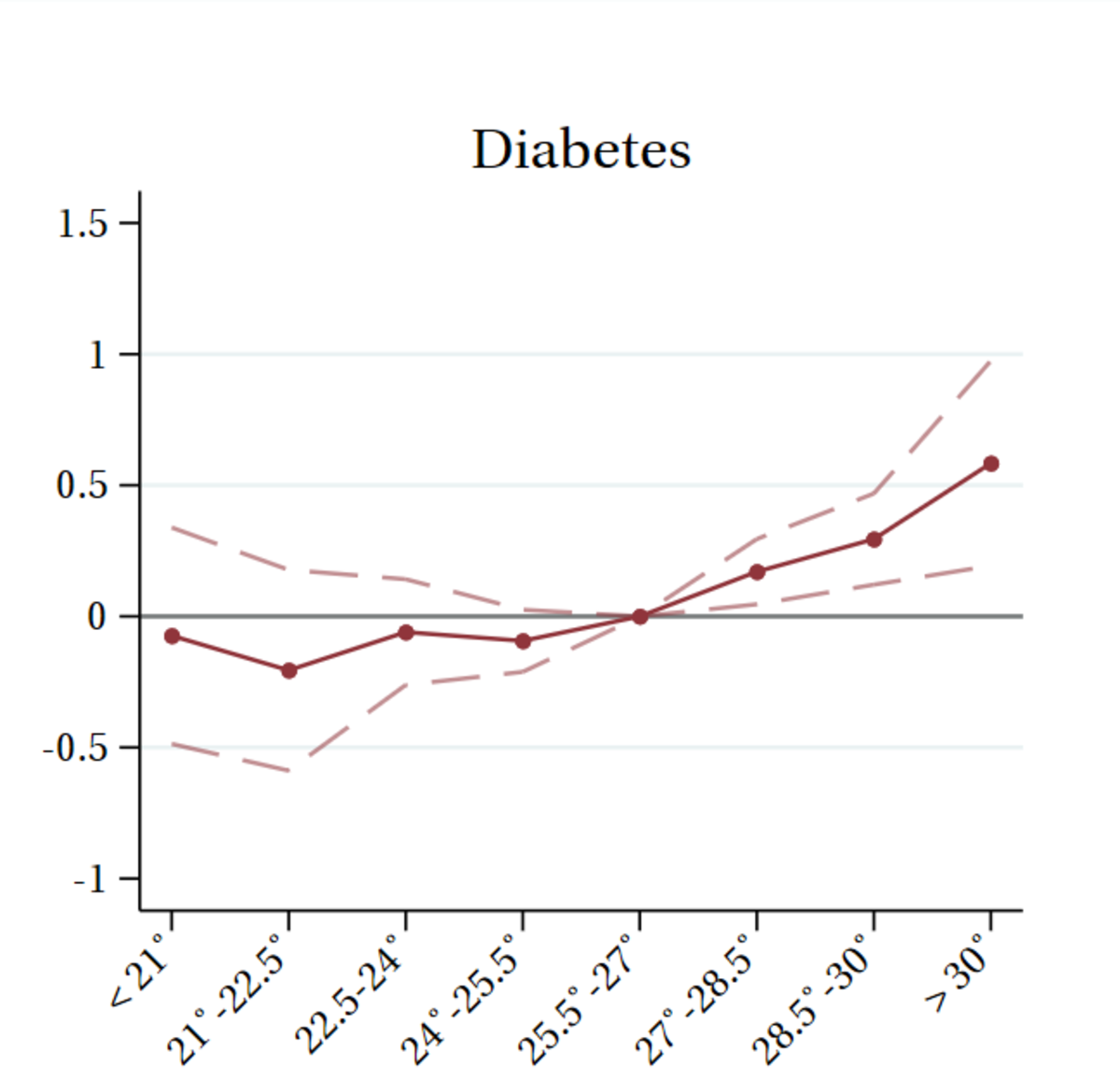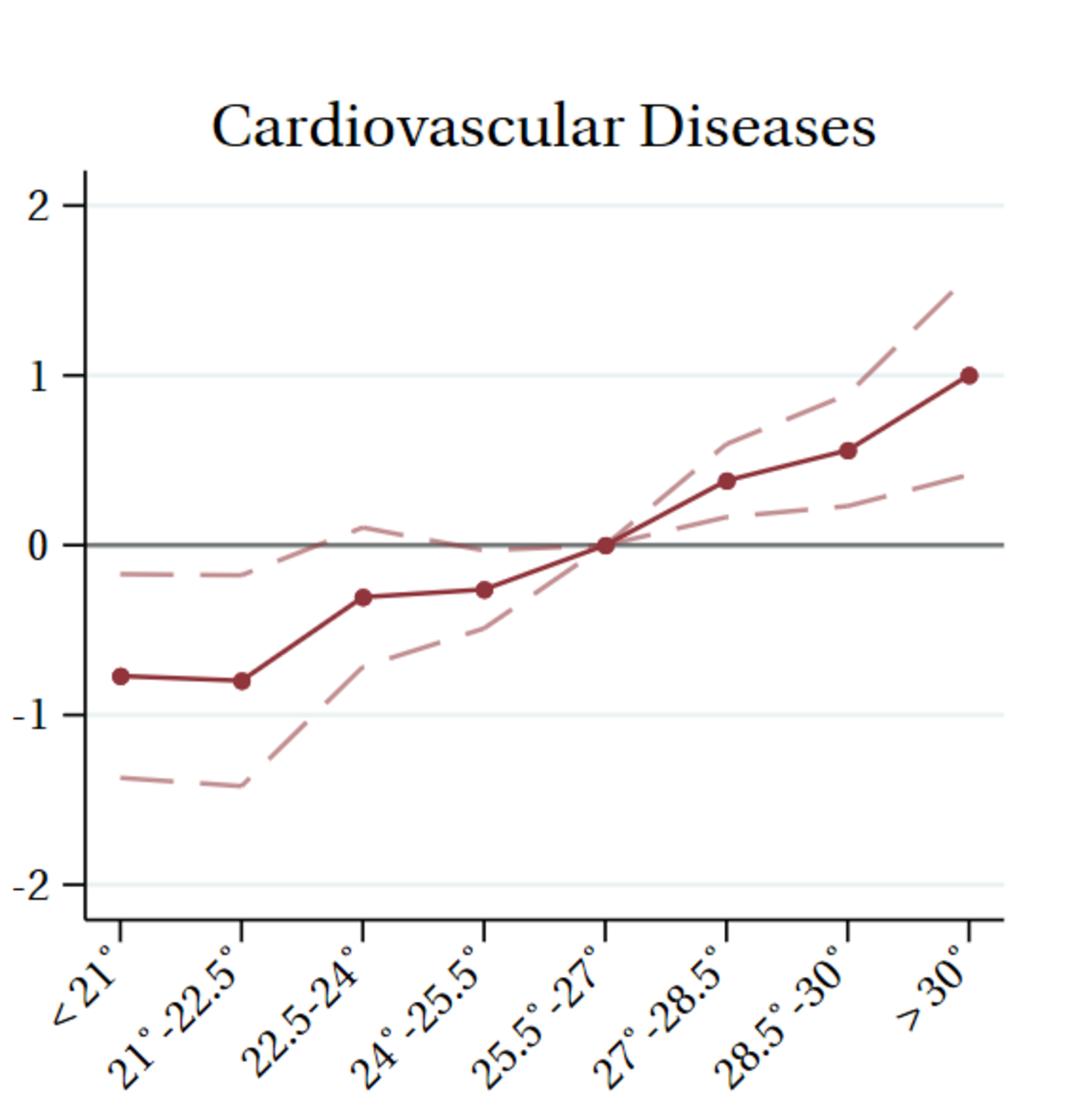Manuela Fritz is originally from Berlin, but in terms of her academic career she is "Passau-grown", as her doctoral thesis supervisor Professor Michael Grimm puts it. She had initially come to Passau for her bachelor's degree. The reason: "It's the programme at the language centre that convinced me". While studying for her bachelor's degree in International Cultural and Business Studies she decided to focus on Southeast Asia and learned Indonesian. This was followed by stays in Vietnam and Cambodia. Her fascination for the region grew, just as her appetite for knowledge, and so she decided to pursue a master's degree in Development Studies, a course of studies that has developed into a Passau brand just like "Kuwi" (the German acronym for International Cultural and Business Studies).
She discovered her love for research during her stay in Indonesia. For her master's thesis and as part of a project funded by the Federal Ministry of Education and Research (BMBF), she conducted a field study to determine what measures will induce small-scale farmers in Indonesia to convert to organic farming over the long term. It was a happy coincidence that a doctoral student position matching Fritz's research priorities became available at the Chair of Development Economics: "I saw it as the natural continuation of my studies. It gave me the opportunity to continue my studies for another three years and to delve deeper into the subject matter."
Health-economic aspects were the focus of her double doctorate, which she completed as part of the EU Horizon project SUNI-SEA at both the University of Passau and the University of Groningen in the Netherlands. She studied the prevention of non-communicable chronic diseases in Southeast Asia and the effects of climate change for patients with illnesses like diabetes and cardiovascular disorders. These diseases have been spreading rapidly across Southeast Asia as well. Today, around forty percent of all deaths can be attributed to chronic illnesses. In Indonesia, diabetes ranks third among the causes of death. A dearth of physical activity, unhealthy food, tobacco, and alcohol consumption are some of the contributing factors.
EU-project SUNI-SEA: Fight against 'silent killers' in Southeast Asia
High blood pressure and diabetes have also developed into widespread diseases in Southeast Asia. A team from the University of Passau is participating in the EU project SUNI-SEA, which aims to massively increase effective prevention.
Climate change exacerbates health issues
In the introduction to her doctoral thesis, Fritz takes stock of the current situation. She provides a compilation of the measures taken in Southeast Asia to control risk factors conducive to these diseases. In a further study, she proves that climate change represents an additional burden for the chronically ill. She demonstrates that on days with especially high temperatures and humidity levels the number of doctor's visits by patients with diabetes as well as cardiovascular disease increases significantly.
The graphs show an increase in visits to the doctor per 100,000 insurance holders with diabetes and cardiovascular diseases on days with a given average temperature (shown on the x-axis) relative to a day on which the temperature ranges from 25.5 to 27 degrees.
For this, she combined insurance data from Indonesia with meteorological data provided by NASA and was thus able to trace how weather affected the number of doctor's visits on any given day. Based on predictions of the temperature rise over the next few years, Fritz also extrapolated the economic costs that countries may face: "The costs of first-line medical care in healthcare systems will rise four percent a year. That's thirty-two million US dollars in total," she explains.
The COVID-19 pandemic set her research work back temporarily as travelling to Indonesia to conduct studies on site was all but impossible once the crisis had broken out. The economist resolved the delay with the help of her supervisor Michael Grimm: She conducted an inquiry that allowed her to work from her office in Passau. She analysed how Facebook campaigns can help to locate patients at risk of developing diabetes. The result: Facebook is a cost-effective and efficient channel. "On the basis of this study, we can say that we are able to identify a case that would, typically, otherwise remain undiagnosed for only nine dollars," she explains.
A multiple award-winning doctoral thesis
Fritz is delighted to have received several awards for this study, which had originally been intended as a stopgap solution: "It's fantastic when you receive that kind of recognition for three years of hard work". On Thursday, 16 November, Bayernwerk AG and the Bavarian State Ministry of Science and the Arts she will be presented the Kulturpreis Bayern for her doctoral thesis. This comes after already having been honoured with the Helmut Schmalen Award by the School of Business, Economics and Information Systems at the University of Passau. Two of the three articles in her thesis have already been published in prestigious health economics journals following a peer review.
Professor Michael Grimm, who holds the Chair of Development Economics at the University of Passau and supervised the thesis together with his colleague Professor Robert Lensink from the University of Groningen is proud of her achievement too: "Chronic illnesses already rank among the major causes of death in the region of Southeast Asia and cost the healthcare systems of the individual countries billions of euros, which are then lacking in other urgent problem areas like education, food security, and infrastructure," says the development economist. "What we need are cost-efficient solutions that can be scaled. It is also important to understand how climate change modifies the challenges that chronic illnesses bring. In her thesis, Manuela Fritz provides important new findings regarding these two aspects.”
Climate change and mental health
Healthcare and climate change continue to preoccupy Manuela Fritz. "My doctoral thesis was, in fact, so much fun that I've decided to pursue an academic career." As she is currently shimmying from one deadline to the next, she knows that it will be anything but easy. Be that as it may, she has least managed to secure funds for the next few years: Currently, she is a postdoc at the University of Groningen, wrapping up her research work in the EU Horizon project SUNI-SEA.
In spring 2024, she will be heading back to Bavaria, this time to Technische Universität München. Fritz has successfully applied for funding from the Walter Benjamin Programme of the German Research Foundation (DFG). She will again be studying the health effects of climate change. This time around, her focus will be on mental health and India, which has likewise been severely affected by fierce temperatures. In conjunction with high humidity levels, it is only a matter of time before climate change renders large parts of the country uninhabitable.
Professor Michael Grimm
What are the measures that enable developing countries to participate in global market processes?
What are the measures that enable developing countries to participate in global market processes?
Professor Michael Grimm has held the Chair of Development Economics of the University of Passau since 2012. He is also one of the Principal Investigators of the DFG Research Training Group 2720 "Digital Platform Ecosystems (DPE)". Prior to this, he held the posts of Professor of Applied Development Economics at Erasmus University Rotterdam, Visiting Professor at Paris School of Economics and Advisor for the World Bank in Washington, D.C. (United States).
About Kulturpreis Bayern
The Bavarian award for cultural achievements is conferred by Bayernwerk AG, Bavaria's largest distribution grid operator, in partnership with the Bavarian State Ministry of Science and the Arts. Thirty-three graduates were picked by the university, university of applied sciences, or art academy at which they submitted their degree thesis. The degree theses selected for the award cover a wide range of subjects: from business management, medical technology, climate action, energy and heat, AI, particle physics all the way to civil engineering, and psychology.
The award ceremony was held on 16 November at the Eisbach Studios in Munich. On the award evening, the bronze "Gedankenblitz" statuette – the symbol of Kulturpreis Bayern – was presented to a select group of artists as well.
Press release by the University of Passau and Bayernwerk AG on this topic (German)









